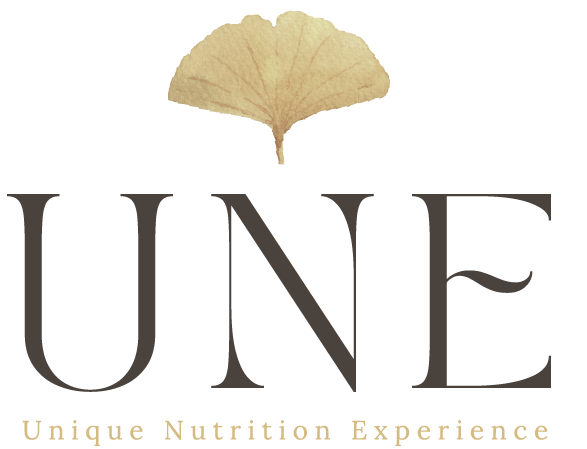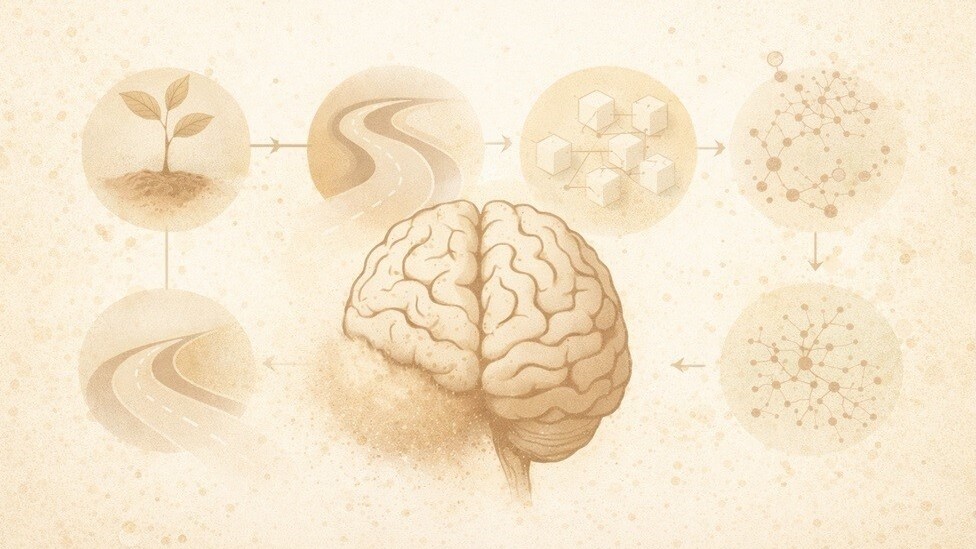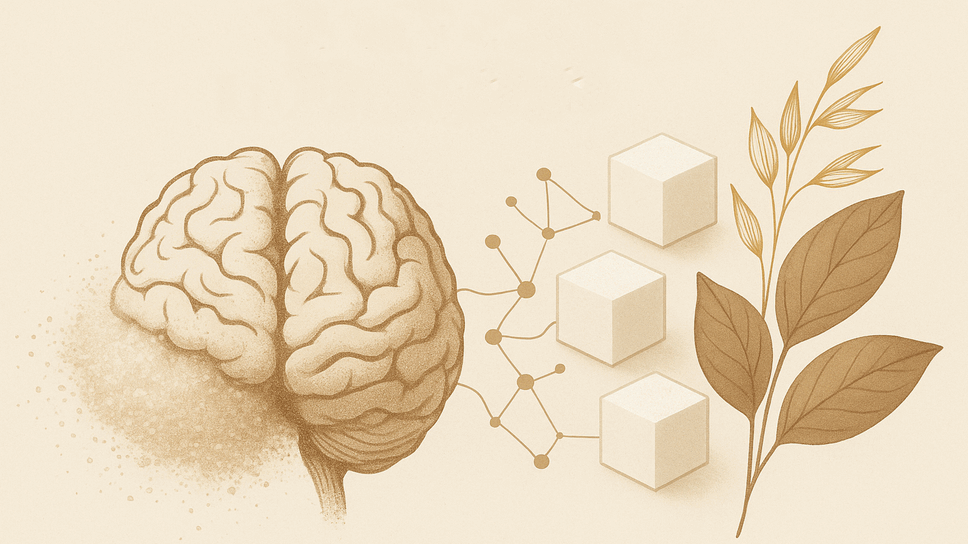
What Are the Different Types of Diets?
Nutrition is as individual as each person. There are many dietary approaches based on personal preferences, health considerations, or ethical beliefs. Here are some of the most well-known ones:
1. Omnivore Diet
The omnivore diet includes both plant-based and animal-based foods. It is the most common diet worldwide and provides a broad range of nutrients.
2. Vegetarian Diet
Vegetarians avoid meat and fish but typically consume dairy and eggs. There are different subtypes:
• Ovo-Lacto-Vegetarians: Consume dairy and eggs.
• Ovo-Vegetarians: Eat eggs but avoid dairy.
• Lacto-Vegetarians: Eat dairy but avoid eggs.
3. Vegan Diet
Vegans exclude all animal products, including dairy, eggs, and honey. This diet is entirely plant-based.
4. Flexitarian Diet
Flexitarians primarily follow a plant-based diet but occasionally include animal products, often focusing on quality and sustainability.
5. Pescatarian Diet
Pescatarians avoid meat but consume fish and seafood, often for its Omega-3 fatty acids.
6. Ketogenic Diet
The ketogenic diet is high in fat and very low in carbohydrates. The body uses fat as its primary energy source instead of carbohydrates.
7. Paleo Diet
The Paleo diet is inspired by the diet of early humans, emphasizing unprocessed foods such as meat, fish, vegetables, nuts, and seeds while avoiding grains and legumes.
8. Low-Carb Diet
The low-carb diet reduces carbohydrate intake while emphasizing proteins and fats. It can be practiced in varying degrees.
👉 Choosing the right diet is an individual decision based on personal needs, goals, and health factors.
This post is for informational purposes only and does not replace medical advice.
Das könnte dich auch interessieren
19. December 2025
The brain does not age linearly – and that is precisely its strength
Why does learning new languages often feel effortless at a young age, while later in life…
7. November 2025
As good as homemade bone broth – just more modern
The answer from UNE Foods Anyone who has ever made traditional bone broth knows how much…
24. October 2025
Sugar – The Silent Saboteur of Our Brain | UNE FOODS
Sugar affects far more than just blood glucose levels – it shapes how our brain thinks,…




